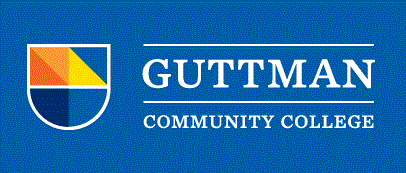
Publications and Research
Document Type
Article
Publication Date
3-28-2022
Abstract
Math anxiety has become an alarming social justice concern, as it results in negative academic consequences, contributes to disinterest and lack of persistence in STEM programs for underrepresented students, and limits their opportunities in STEM careers. According to research, this fear of math occurs long before students begin working on math problems. When high-math anxious students encounter math situations, anticipation anxiety consumes working memory capacity, inhibits learning, and causes them to severely underperform on mathematical tasks. However, very few studies have been conducted to embed psychological interventions in the classroom in an effort to mitigate both anticipation and execution anxiety. Findings from preliminary research suggest that a combined mindfulness and growth mindset intervention, designed to address both anticipation and execution anxiety, was effective in reducing math anxiety in students in a semester-long statistics course. The current research, a replication of the successful pilot study, investigated the generalizability of the mindfulness and growth mindset approach (MAGMA) in decreasing math anxiety in students in various STEM-related courses, and with different instructors. Results indicate that overall, students’ self-perceived math anxiety decreased significantly compared to their control counterparts. Furthermore, considerable anxiety reduction was found for female students. However, no differences were found for final exam scores between the intervention and control group. Nevertheless, the MAGMA intervention appears to be an effective, inexpensive approach in alleviating math anxiety, and increasing mathematical resilience in community college students as they take STEM-related courses.
Included in
Cognitive Psychology Commons, Educational Psychology Commons, Other Teacher Education and Professional Development Commons, Science and Mathematics Education Commons


Comments
This work was originally published in the Community College Journal of Research and Practice, available at https://doi.org/10.1080/10668926.2022.2050843.